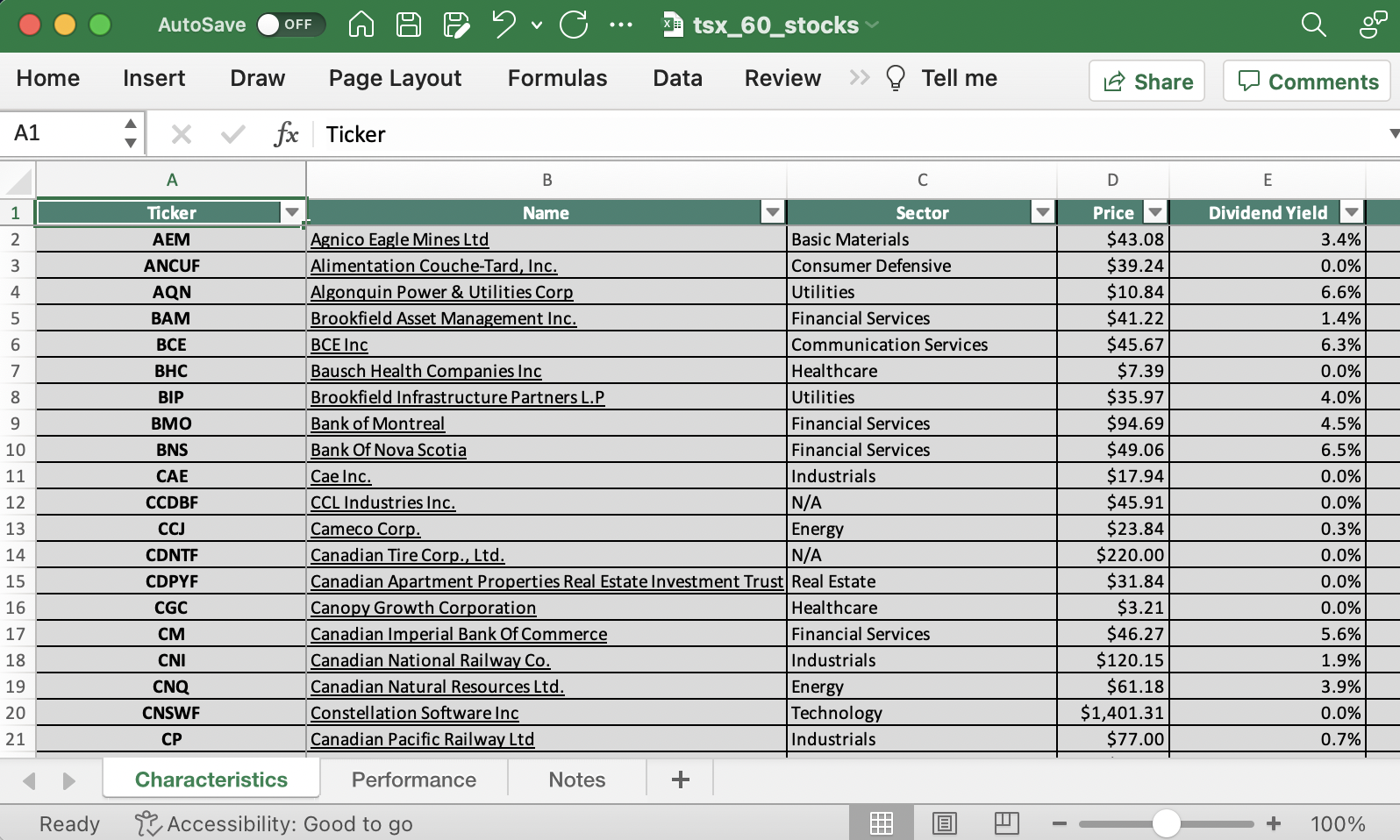Statistically, there is an increased risk of failure with private equity ownership. PE portfolio companies are about 10 times as likely to go bankrupt as non-PE-owned companies. Granted, one out of five companies going bankrupt doesn’t portend certain failure, but it is a startling statistic. The rejoinder, of course, is that PE firms gravitate toward companies in distress, a practice that weighs down their success rate.
But to understand what private equity is at its worst is a call to action, personally and professionally. We need to monitor the specific and repetitive activities that benefit the operators and no one else.
That, in a nutshell, is the key takeaway from our conversation with Brendan Ballou, the award-winning author of Plunder: Private Equity’s Plan to Pillage America. Ballou, who has experience as a federal prosecutor and special counsel for private equity at the US Department of Justice, was speaking in a personal capacity at the fireside chat hosted by CFA Society Hong Kong. Drawing from his extensive background, Ballou is well-placed to help us understand how PE firms leverage their influence to the detriment of the broader economy. He shared his insights on the inner workings and profound impact of private equity firms.
During our discussion, Ballou focused on leveraged buyouts (LBOs). PE firms typically invest a small amount of their own money, a significant amount of investor money, and borrowed funds to acquire portfolio companies. And they aim to profit within a few years.

He emphasized the influence of private equity in the US economy, noting that top-tier PE firms collectively employ millions of people through their portfolio companies. Despite their significant presence, public awareness of their activities remains low.
Ballou highlighted several adverse outcomes associated with PE ownership, including a higher likelihood of bankruptcy for portfolio companies, job losses, and negative impacts on industries such as retail and healthcare. He cited three main reasons: PE firms’ short-term investment horizons, their heavy reliance on debt and extraction of fees, and insulation from legal consequences.
He shared two case studies to demonstrate how PE firms can use financial engineering to benefit themselves while harming companies, employees, and customers. There are ways to mitigate the negative impacts of private equity, he maintained, advocating for regulatory changes to align sponsor activities with the long-term health of businesses and communities.
Lightly Edited Excerpts From Our Conversation
CFA Society Hong Kong:
In Plunder, you discussed seven ways PE firms extract excessive profits from investments: sale-leaseback, dividend recapitalization, strategic bankruptcy, forced partnership, tax avoidance, roll-up, and a kind of operation efficiency that entails layoff, price hikes and quality cuts.
Which one or two of these do you think are the most harmful and get to the core of your concerns?
Brendan Ballou:
It’s hard to pick just one or two. Sale-leasebacks, for instance, aren’t necessarily problematic but often can be, especially when the owner only plans to invest in the business for a few years. If you have a long-term perspective on a business, a sale-leaseback might make sense.
However, a PE firm might buy the business and execute it primarily to maximize short-term value rather than to ensure a good real estate situation for the coming years. This was very vividly demonstrated in the buyout of Shopko, a regional retailer like Walmart. The PE firm executed a sale-leaseback, locking Shopko into 15-year leases. In retail, owning property is valuable due to its cyclical nature, and it’s helpful to have assets to borrow against. The PE firm took that away from Shopko.
The second example is dividend recapitalizations. The basic concept is that the portfolio company borrows money to pay a dividend to the PE firm. The challenge is that a PE firm might only be invested in the company for a few years. Through some contractual arrangements, it can have significant control over the business despite a small equity investment (1% to 2%). This often leads the PE firm to execute a dividend recapitalization, directing the business to borrow and pay back the acquisition cost. This way, the PE firm is made whole on the purchase and turns subsequent income into pure profit. This approach makes sense for the PE firm but leaves the company saddled with debt it may or may not be able to manage.
These examples illustrate that misalignments frequently create pain and controversy in PE acquisitions.
Aren’t strategies like sale-leasebacks and dividend recapitalizations traditional business practices? None of them are illegal. Is it possible that you’re just focusing on the “wrong” data points?
This is probably a very valid critique. However, it goes back to the basic problems we discussed earlier. PE firms have operational control over their businesses but often face very little financial or legal liability themselves. It means that PE firms can capture all the benefits when things go well in a business and sometimes benefit even when things go poorly. However, when things go poorly, there are often very few consequences for the PE firms.
Tactics like sale-leasebacks, roll-ups, and dividend recapitalizations may be perfectly appropriate for a lot of businesses in various circumstances. But when you couple these tactics with a business model that operates on a “heads I win, tails you lose” often, maybe even most times, the outcome is destructive for all stakeholders except the PE sponsors.
The business practices you described in Plunder could be seen as capitalism at its finest. By reorganizing balance sheets, value is created without necessarily having to invent something new, like an iPhone.

Are you suggesting that these capitalists — by working within the system and collaborating with government officials — can do deals that exacerbate inequality?
Absolutely. First, I often say that lawyers in the United States tend to invent a problematic business model every 20 years or so. Currently, I would argue it’s leveraged buyouts. Twenty years ago, it was subprime lending. Forty years ago, savings and loans. Sixty years ago, conglomerates. A hundred years ago, trusts. We can just create laws and regulations that incentivize short-term, extractive thinking.
To be clear, I consider myself a capitalist. However, our laws and regulations can also direct these positive energies into destructive outputs, and sometimes they do.
Second, it’s crucial to understand that PE firms often excel not because their leaders are operations or engineering experts, but because they are adept in legal and financial engineering, as well as lobbying. They thrive in highly regulated industries where effective lobbying can secure desired outcomes. In the United States, PE firms have become active in sectors like municipal water systems, prison phone services, and various parts of the healthcare system that receive substantial funding through Medicare.
Their effectiveness in these areas is partly due to hiring key former government officials, including Speakers of the House, Treasury Secretaries, Secretaries of State and Defense, a Vice President, and numerous senators and congresspeople. These individuals now work for private equity, helping these firms achieve their goals in highly regulated industries.
This is not the way we want capitalism to function. Ideally, we want a level playing field where everyone competes fairly, not one where those with the right connections can shape regulations to their advantage.
Private credit has become increasingly popular globally including in Asia and Hong Kong over the past decade. Can you briefly summarize your views on private credit?
In the United States, private credit has grown for several reasons. One is that after the Great Recession, major investment banks became bank-holding companies regulated by the Federal Reserve, which imposed higher capital and supervision requirements. This led to a shift of financial activity from investment banks to PE firms, which then expanded into private credit loans outside the public markets.
At the same time, regulations on public companies became stricter, making it harder to raise money in public markets. It is now easier to raise money in private markets. As a result, there are now about half as many publicly traded companies in the United States as there were 10 to 15 years ago, fundamentally changing how money is raised and spent.
My primary concern with private credit is its lack of transparency. The industry is opaque, making oversight difficult. Some firms in private credit rely on lesser-known rating agencies to secure triple-A or investment-grade ratings. This is like issues from the 2007 to 2008 financial crisis, though on a smaller scale. The fundamental problems of secrecy and lack of transparency are similar.
Based on your data, in some years in the United States, private credit raised more money than IPO proceeds. Do you think this is a time-clicking bomb waiting to explode?
I’m not a financial expert, so I can’t definitively say if it’s a future crisis. However, I have spoken with people who share that concern. It’s certainly an area to watch closely.
The largest PE firms now describe themselves as alternative asset managers, with leveraged buyouts being just one part of their business. It’s interesting to observe how rising interest rates and challenges in the commercial real estate sector are putting pressure on these firms. Whether these pressures are just part of the normal economic cycle or indicative of something more systemic remains to be seen in the coming years.
How can professionals advocate for fair practices within organizations and within industries that are heavily influenced by private equity?
While my work is primarily focused on the United States, I can still offer some general advice. There are several US organizations working on these issues that you might find useful for learning and staying informed. I recommend subscribing to newsletters from groups like Americans for Financial Reform, the American Economic Liberties Project, and the Private Equity Stakeholder Project.
Through its policy initiatives and research on private companies, the CFA Institute Research and Policy Center promotes transparent global capital markets and advocates for strong investor protections.
As professionals, we need to recognize that existing legal and regulatory frameworks can sometimes incentivize short-term, extractive thinking. To improve the economy and make it more functional for everyone, we should encourage companies and investors to adopt long-term perspectives and take responsibility for their actions. While this may not always be feasible, fostering a long-term outlook can certainly help.
In recent years, many PE firms have gone public, raising more assets under their management. This trend suggests they’re becoming stronger. Is this a trend you favor?
Whether or not I like it, it does seem inevitable. In my book, I described private equity as reshaping the economy in this decade the way big tech did in the last decade and subprime lenders did in the decade before. Private equity is indeed a transformative force in the economy. Its growth shouldn’t be surprising. The same capital can benefit the economy if it is directed toward more productive uses or if PE firms take more responsibility and adopt longer-term thinking.
However, achieving this requires concerted action. Changes will come through regulatory efforts. State and local legislators and regulators need to act. For example, states like New York, California, or Minnesota could impose conditions on PE firms operating in their jurisdictions. If firms execute a sale-leaseback, dividend recapitalization, or roll-up and subsequently cause job losses, states could hold them accountable for financial losses. This aligns with the principle that decision-makers should be responsible for their actions, which is how corporate law is supposed to work.


























